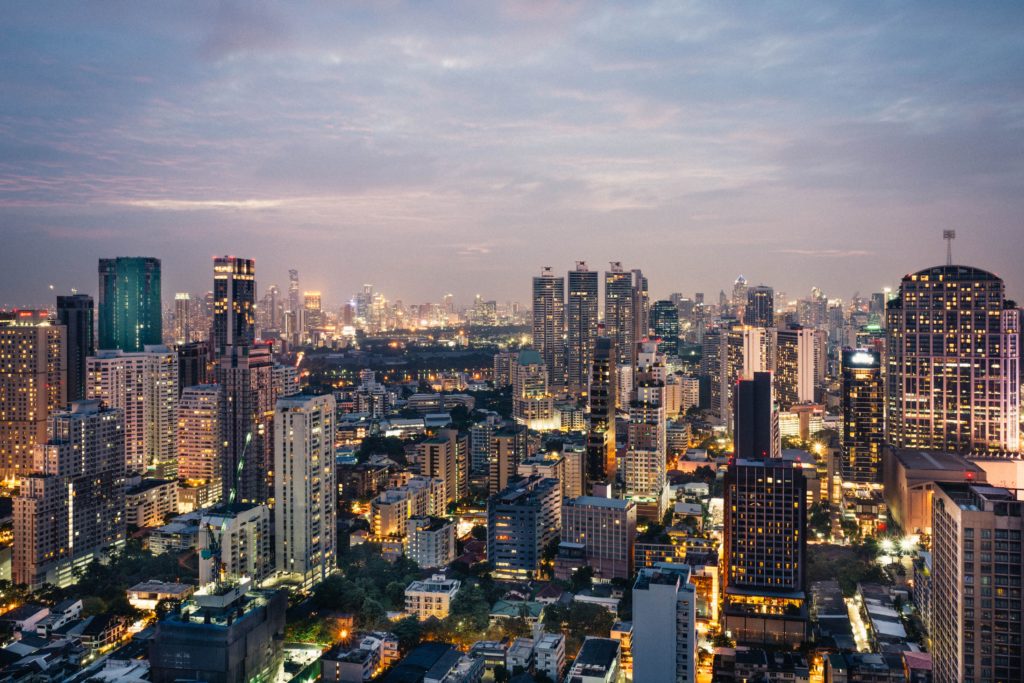Are you considering relocating to Thailand? Relocating to this country has become more and more popular among expats, with 3.6 million migrants estimated to be present there by 2022, accounting for 5.2 percent of the overall population.
This article may be able to assist you in deciding if you are considering moving to the country. Below, we’ll go over how to get a job, where to live, and some of the specifics of relocating.

Security
The political situation here is somewhat unpredictable due to the country’s many attempts over the past century to adopt a constitution. But, things are quickly becoming better now that the Westminster model of representative government has been reinstated.
When residing in Thailand, exercise extreme caution to stay away from all drugs. Even a tiny quantity of drug consumption can result in jail, while big amounts can result in a death sentence.
Language
Thailand’s official language is Thai, commonly referred to as Siamese. Although English is not yet widely spoken, schools are gradually including it in their curricula. As a result, residents will find rewarding chances to teach English.
Work Visa
If you want to find employment, you need a working visa. Without a working visa and a Non-Immigrant B Card, you are not allowed to perform.
Before visiting, you must register for an original visa to obtain a work permit. It is insufficient to have a non-immigrant (visitor’s) visa. When you are already in Thailand, visit the immigration office to register for your B Visa and working visa.
Applying through your company is the most effective approach to obtaining a working visa. A passport picture, health certification, passport, confirmation of job, degree verification, and Thai address are additional requirements. Then, your workplace will present proof of your occupation in the form of documents.
You’re only allowed to do the job that’s on your working visa while you’re residing. Immigrants are only permitted to work in specific occupations. Exports and wholesale trading are off-limits to foreigners.
A 12-month Thai working license is available for 3,000 Thai Baht (about US$90 or £70). Every year, you will have to renew your status; as long as you continue working, you may do so. No regardless of how long you reside in the country, you must make a digital check-in at the Thai Immigration Service every three months for the rest of your residence.
Accommodation
If you’re an expat relocating for the first time, it’s best to rent before attempting to purchase a home. Luckily, Thailand has a healthy rental market and a wide variety of websites to support persons looking to relocate there. You might give the following a shot:
- Thailand Property
- Siam Real Estate
- FazWaz
The living expenses are substantially lower than in western countries, therefore as an immigrant there, you will discover that your money goes a lot further. As a result, you have a better chance of being able to manage to reside in wealthy or middle-class neighborhoods. Particularly if you desire a view of the ocean, coastal neighborhoods can be costlier.
Healthcare and insurance
You must obtain healthcare coverage before relocating. All foreign nationals residing in Thailand are required by regulations to have private medical insurance or public medical coverage.
A lot of expatriates opt for foreign health insurance. This provides quicker access to care, accessibility to medical centers, and supplemental coverage to cover things like pregnancy and cancer care.
Banking and finance
In Thailand, establishing a bank account can be a difficult and drawn-out process. You’ll have to have a passport, a non-immigrant long-stay visa, a statement of recommendation from your company, and a recommendation from your native bank or consulate. A confirmation of your permanent address is also necessary to get started.



